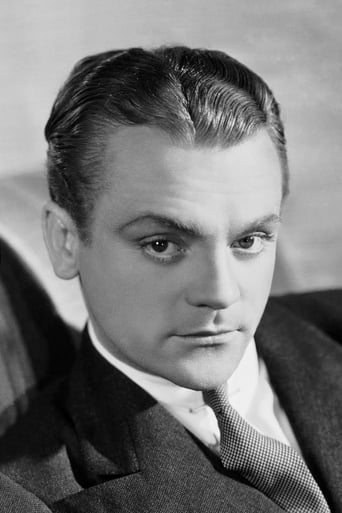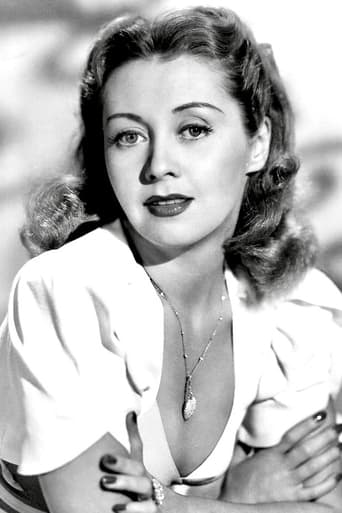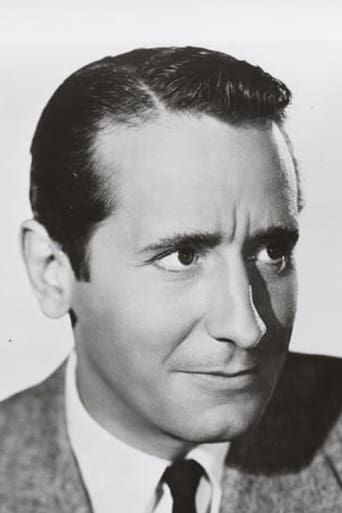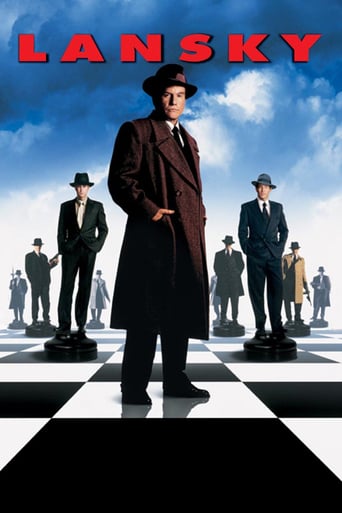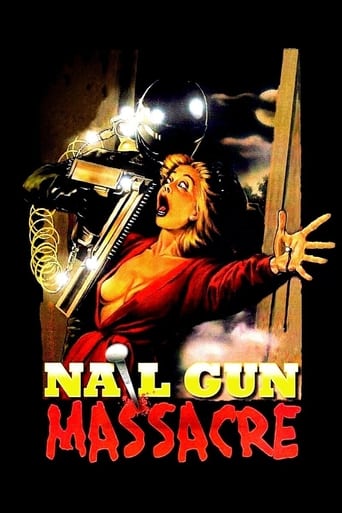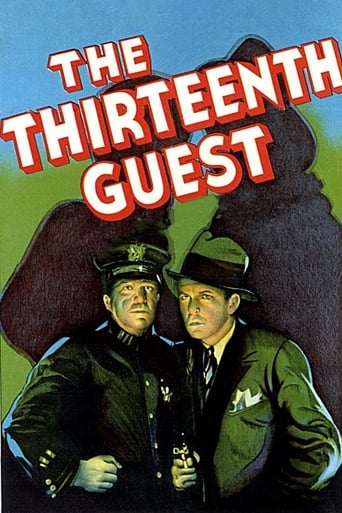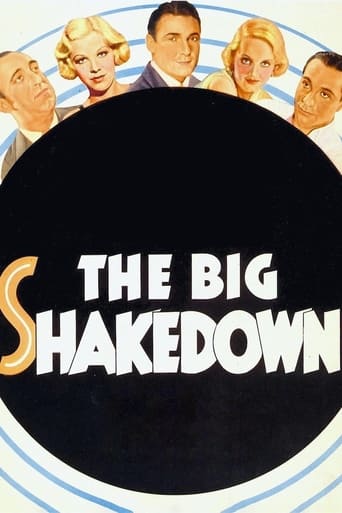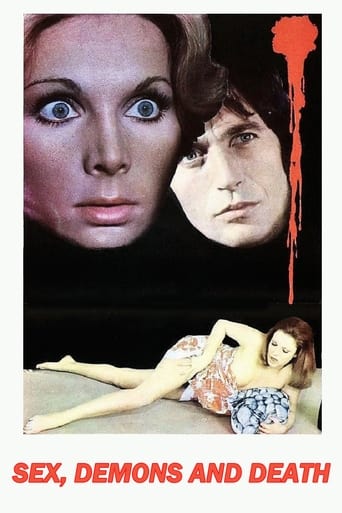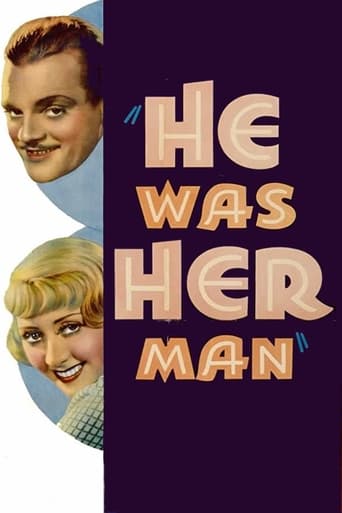
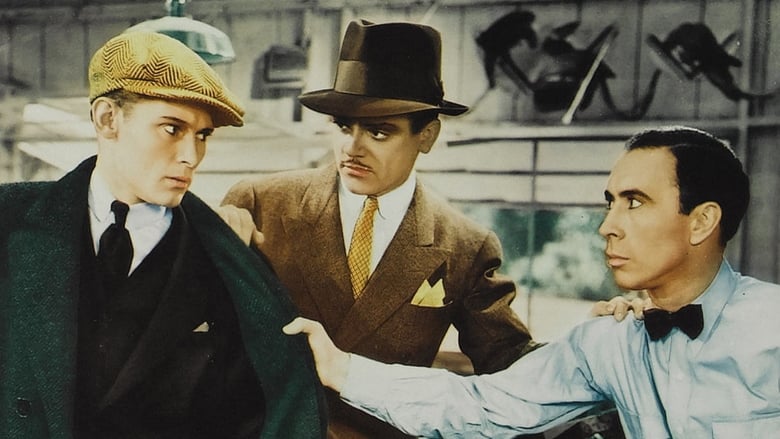
He Was Her Man (1934)
A safecracker goes straight after doing a stretch for a bum rap. He agrees to do one last job for his "pals".
Watch Trailer
Cast
Similar titles
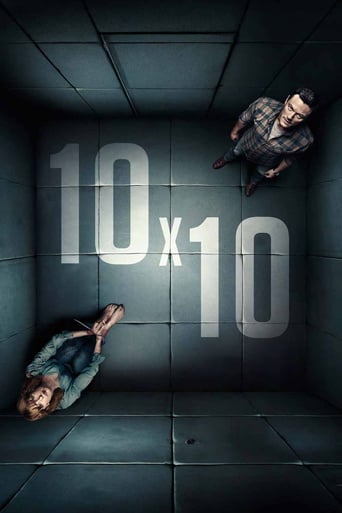
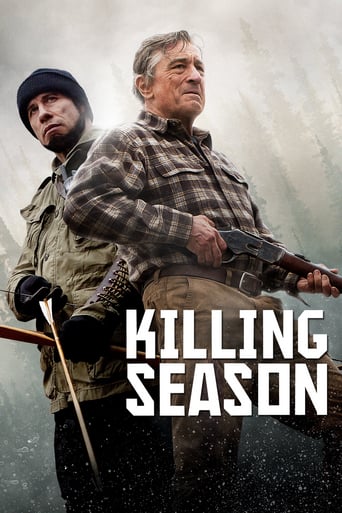
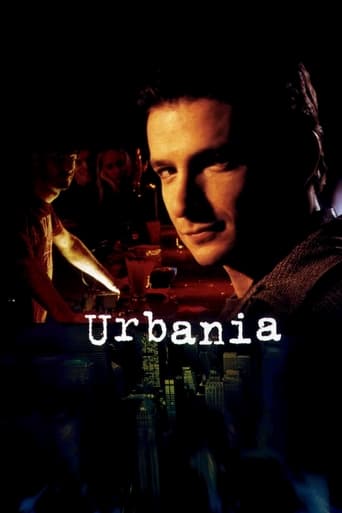
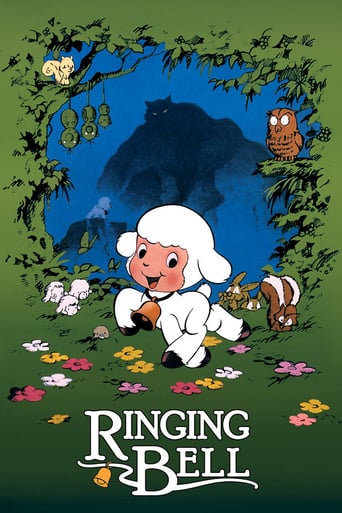
Reviews
Strong and Moving!
True to its essence, the characters remain on the same line and manage to entertain the viewer, each highlighting their own distinctive qualities or touches.
Actress is magnificent and exudes a hypnotic screen presence in this affecting drama.
The film never slows down or bores, plunging from one harrowing sequence to the next.
I seem to like this film more than most, maybe because of the difference in tone it presents to the usual gangster fare. It's nice to see Joan Blondell in a more subdued role, and she pulls it off well, knowing her past taints her, off to marry an immigrant fisherman (Victor Jory) who will accept her anyway, but finding herself drawn to Cagney. It's nice to see the gravitas in her 'serious face'. Cagney is in the role of a safe cracker who has double-crossed some guys and is on the run, not knowing that he's being closely tracked. Innocent to all of this is the family they're staying with, who lead simple but happy lives, and who look forward to their son's marriage to Blondell. I have to say, the mom (Sarah Padden) is a joy to watch as Cagney ingratiates himself to her. Cagney and Blondell are more low-key than their usual screen personas, and this is not movie with a lot of action, but there is real tension in both the story lines – whether Blondell will go forward with her wedding, and whether Cagney will survive. The depth of their feelings does come out in more than one tender scene, and in fact, all three of them – Blondell, Cagney, and Jory – are altruistic, adding a sweetness to the movie. It seems some are unhappy with the ending as well, but I thought it was quite good (and side note, wow on the glimpse we get of the low-cut dress). I also liked how it was shot on location in Monterey, California. Underrated and enjoyable to watch.
I'm really glad to see the many thoughtful, positive comments about this film on IMDb, because it's one of my favorite pre-Code era films. The film books don't give it good marks: Halliwell ("not quite smart enough"), Hirschhorn's Warner book ("pallid stuff"), Homer Dickens ("not a very good film"), Maltin ("disappointing"). Don't believe these folks! Perhaps part of the problem is that this sentimental tale, while not an unfamiliar story, is nothing like the Cagney action films and comedies that preceded it. It just isn't what critics and viewers would expect. Interestingly, one critic, Howard Barnes, writing at the time the film was released, comes a little closer: "It is James Cagney's gift to execute a characterization with such clarity and conviction that (the film) becomes exciting and engaging through his participation ... he moves with fine restraint and assurance, making the screen drama a rather effective hodgepodge of melodrama and sentiment." Effective it is, but far from being a hodgepodge, the story is constructed unusually well for Warners at the time: no padding, no abrupt truncated bits, each sequence weighted properly in terms of the others. The melodrama is kept to a bare minimum: one can imagine a big action shoot-out scene at the end, with Cagney dying in her arms, and numerous other chances for standard melodrama, all avoided. Certainly, a key to the success of the film is Cagney's immensely subtle, nuanced performance; always charming, but never for a moment not a heel. As with the similar character in CEILING ZERO, Cagney knows to play the role as though he's a good guy and let the story tell the truth about the character. Blondell's performance, too, is extraordinary; the usual archetypical brassy blonde is here unexpectedly vulnerable. But the script is a full partner in these characterizations. Blondell's past is not glossed over: "I met him right here in this hotel, he was in the big city for a good time, the bellboy introduced us, you can figure it from there." There's Cagney's predatory request for sex in their first scene, taking advantage from the first moment of the fact that she likes him and that she's almost obligated and really has little choice. Of course, one looks ahead and can assume that Cagney will probably be killed and she'll marry Jory. But there are so many possible bad paths to this conclusion, and none taken here. In fact, it's a measure of the film's success that there's considerable tension built, and one isn't really sure during the watching exactly how it will play out. Not only is the story well told, but the dialogue is excellent, with the characters speaking their mind, though often indirectly. Exposition is masterfully integrated with the characterization in the dialogue. There's a large cast of fully drawn minor characters, too. Perhaps some would find Jory's Portuguese fisherman a bit much (though I am glad to see the IMDb comments are generally very favorable), but in the context the character works. And it's so nice to see Jory not the villain for once. What I love about the better early-Thirties films is that they don't point the viewer to an obvious interpretation of each scene, and their structure is fluid and not predictable in its details. The subtle moments don't call attention to themselves and may be missed by viewers used to a more straightforward style. This is a fine film with outstanding performances from Cagney and Blondell, and if you avoid it because of the "experts" you'll be missing a rewarding film.
This was Cagney's and Blondell's last film together, as well as the last film for each released prior to the onset of the Production Code Administration (the "Hays Office"). It's mainly of interest to admirers of these two justly celebrated screen stars, mainly because of the downbeat story and characterizations.Warner Brothers apparently didn't think much of HE WAS HER MAN (lousy title) and wasn't interested in spending much money on developing it. Despite the presence of two of their biggest stars, this film has the look and feel of a "B" picture, as evidenced by its 70 minute running time. Cagney apparently didn't like the film either. The awful haircut he wore in his previous film, JIMMY THE GENT, and the mustache sported by Flicker Hayes in this film, were symbols of Cagney's increasing dissatisfaction with the roles he was getting, though it would be another year or so before he would try to break his Warner Brothers contract.The film's premise is promising. Career safecracker Flicker Hayes (Cagney) double-crosses a couple of fellow criminals after they frame him for another job. In the double-cross, one of the hoods kills a New York cop and is sentenced to die in the electric chair. Flicker flees to San Francisco, seeking a hide-out. A small-time Frisco hood, Pop Sims (Frank Craven), fingers Flicker for the New York mob. Two gunmen, J.C. (Harold Huber) and Monk (Russell Hopton), head for California to take care of Flicker.Meanwhile, Flicker (now calling himself "Jerry Allen") meets Rose (Blondell), a survivor who apparently has been selling her sexual favors to various men -- one of whom, surprisingly, has now offered to marry her. (The screenwriters make much of the written marriage proposal -- this was the era when "breach of promise" was still an actionable tort in most states.) Rose, despite her immediate attraction to Jerry, is on her way to join her fiancé in his little fishing village near Frisco. Jerry is attracted to Rose, too (and it's strongly implied they have a sexual encounter just hours after meeting), but he also smells a good place to hide out, and he offers to stake her and take her by bus to her new home.The fiancé', Nick Gardella (Victor Jory), is a salt-of-the-earth fisherman who tells Rose that her past life will be forgotten once they are wed. (There's more to Nick and Rose than the screenplay tells us, or could tell us under the censorship standards of that era. Nick met Rose "professionally." Here's a guy in his thirties, living with Mom in little, out-of-the-way Santa Avila -- and he seems pleased to marry a woman about whom he knows little save she's a prostitute?) Rose and Jerry arrive in Santa Avila and the wedding plans get underway. Jerry wants to stay and hide, but Rose is increasingly torn between Nick and her attraction to Jerry. Pop Sims follows Jerry to Santa Avila, posing as sports fisherman, to set up Jerry for the arrival of J.C. and Monk.That's a lot of plot for such a slight film, and it gets better, but the "B" picture limitations get in the way. It would have been nice if the studio would have allowed a little more air into the story, fleshing out the characterizations -- especially the relationships among Rose, Jerry and Nick -- and expanding the film to 90 or 95 minutes. (The quick attraction between Rose and Jerry is especially sketchy and needs more time.) This could have been the much better movie that the story hints at.Flicker/Jerry does the right thing by Rose and Nick, though apparently he pays for it with his life. (Another interesting point: Under the Production Code Authority, a movie killer had to pay for taking a life -- unless the killer is a lawman or soldier -- either by being arrested or by dying himself. We don't actually see Flicker/Jerry getting killed, and his likely assassins aren't punished. One wonders how this outcome would have been altered by the Hays Office just a short time later.) The film ends with a subdued wedding between Rose and Nick -- a happy occasion tempered by our knowledge of Flicker's apparent fate.Fans of Cagney/Blondell will find both actors dialing back their usual exuberance/perkiness in this film and playing characters who are more like real people than in many of their other early Warners' films. Jory tries to be a little too ethnic, but he effectively portrays Nick's essential kindness and decency. Huber and Hopton, as the gunmen, are surprisingly human, as is James Eagle(s) in a small role as their driver. Sarah Padden, as Nick's mother, is a bit over the top but charming, and it's interesting to hear John Qualen in a small role sans his trademark Scandinavian accent. Frank Craven's Sims is an interesting character too -- sinister but folksy. The dependable Lloyd Bacon directs with his usual understated style but should have made more of the exotic isolation of "Santa Avila."To summarize: HE WAS HER MAN is an unusual Warner Brothers film of the period, made as Hollywood was feeling the heat from the Legion of Decency and other pressure groups that would lead to the institution of the Production Code Administration in mid-1934. It's of interest mainly for Cagney and Blondell fans who want to see them in quieter roles that sharply contrast with their usual energy. Outside those contexts, though, I doubt you'll be favorably impressed.(Does anyone know if this film, or plot, was ever remade? Seems like something that Warners would use again, though I can imagine if they did so before 1945 they would have brightened it up considerably. One can imagine RKO doing something nicely noirish with the same story c.1948.)P.S. -- A "C" from the Legion of Decency? Not according to the listing of such "C" films in Wikipedia. What was its rating?
With James Cagney and Joan Blondell headlining the cast, what more can you want? A good screenplay, that's what! The disappointing ending had me shaking my head, especially after I finally got used to Cagney in a mustache. And I never figured out who the "he" in the title was. Either Cagney, with whom Blondell falls in love after he seduces her in San francisco and in Victor Jory's house, or Jory himself, who was going to marry Blondell knowing she used to be a prostitute. Jory plays a Portuguese fisherman, but his accent is very phony, and none of the supporting cast was exceptional. There's some good suspense at the end but the film let me down. Still, I did like watching the two stars.The film was released a few weeks before the production code was more rigorously enforced. Blondell's character caused the Catholic Church to place the film on its "condemned" list.
